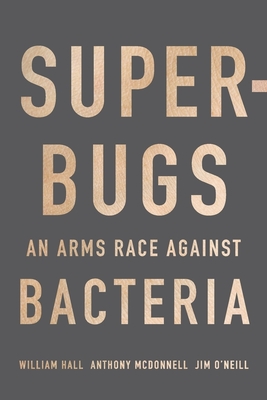Expedite your nonfiction book discovery process with Readara interviews, summaries and recommendations, Broaden your knowledge and gain insights from leading experts and scholars
In-depth, hour-long interviews with notable nonfiction authors, Gain new perspectives and ideas from the writer’s expertise and research, Valuable resource for readers and researchers
Optimize your book discovery process, Four-to eight-page summaries prepared by subject matter experts, Quickly review the book’s central messages and range of content
Books are handpicked covering a wide range of important categories and topics, Selected authors are subject experts, field professionals, or distinguished academics
Our editorial team includes books offering insights, unique views and researched-narratives in categories, Trade shows and book fairs, Book signings and in person author talks,Webinars and online events
Connect with editors and designers,Discover PR & marketing services providers, Source printers and related service providers

Superbugs: An Arms Race Against Bacteria
Science > Life Sciences - Bacteriology
- Harvard University Press
- Hardcover
- 9780674975989
- 8.3 X 5.7 X 0.9 inches
- 0.8 pounds
- Science > Life Sciences - Bacteriology
- (Single Author) Asian American
- English
Readara.com
Book Description
Antibiotics are powerful drugs that can prevent and treat infections, but they are becoming less effective as a result of drug resistance. Resistance develops because the bacteria that antibiotics target can evolve ways to defend themselves against these drugs. When antibiotics fail, there is very little else to prevent an infection from spreading.
Unnecessary use of antibiotics in both humans and animals accelerates the evolution of drug-resistant bacteria, with potentially catastrophic personal and global consequences. Our best defenses against infectious disease could cease to work, surgical procedures would become deadly, and we might return to a world where even small cuts are life-threatening. The problem of drug resistance already kills over one million people across the world every year and has huge economic costs. Without action, this problem will become significantly worse.
Following from their work on the Review on Antimicrobial Resistance, William Hall, Anthony McDonnell, and Jim O'Neill outline the major systematic failures that have led to this growing crisis. They also provide a set of solutions to tackle these global issues that governments, industry, and public health specialists can adopt. In addition to personal behavioral modifications, such as better handwashing regimens, Superbugs argues for mounting an offense against this threat through agricultural policy changes, an industrial research stimulus, and other broad-scale economic and social incentives.
Author Bio
William Hall works with the Review on Antimicrobial Resistance based in the U.K. after working with the U.K. Treasury, where he most recently led the work on the Scottish Referendum in the office of Danny Alexander, the Chief Secretary to HM Treasury.
After graduation Will worked in an investment bank, before moving to HM Treasury as a Policy Advisor, working first in the Tax group, and then in Financial Stability, implementing structural reforms to the U.K. banking sector.
Source: Review on Antimicrobial Resistance
Videos
No Videos
Community reviews
No Community reviews

